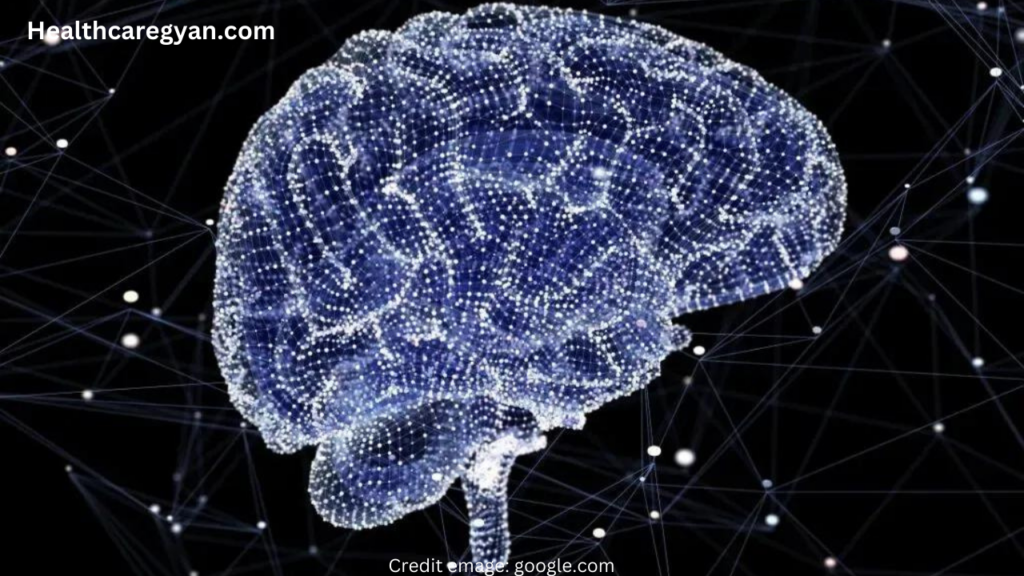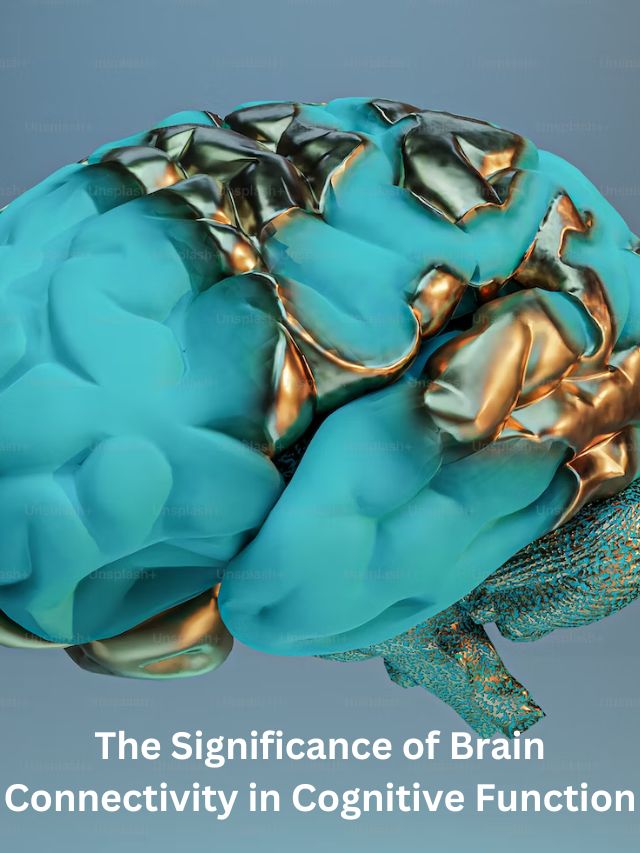The Significance of Brain Connectivity in Cognitive Function
Summary:
In a groundbreaking development, researchers have unveiled disparities in functional brain connectivity between individuals with and without schizophrenia, providing a deeper understanding of the disorder’s neural origins.
Schizophrenia, a neurodevelopmental condition characterized by symptoms such as psychosis, is believed to stem from disruptions in brain connectivity and functional integration.

The new study, featured in Biological Psychiatry: Brain
Cognitive Neuroscience and Neuroimaging, delves into these differences in functional brain connectivity among individuals with psychosis and schizophrenia, offering crucial insights into the complex neural underpinnings of this enigmatic disease.
The brain’s cortex, responsible for processing sensory information, plays a pivotal role in maintaining cognitive function. When its organization becomes compromised, it can result in symptoms like the loss of executive control often observed in schizophrenia.
The study harnessed advanced brain imaging techniques and mathematical analyses to unveil a distinctive impairment in the organizational pattern that sets apart the visual and sensorimotor pathways in those afflicted by schizophrenia. This impairment was directly correlated with the clinical manifestations of the disorder, providing valuable insights into its underlying mechanisms.

Key Findings:
- Schizophrenia’s etiology may be rooted in disrupted brain connectivity and compromised functional integration.
- The study highlights a significant impact on the organizational pattern distinguishing visual and sensorimotor pathways in individuals with schizophrenia.
- Alterations in brain organization may serve as a key to unravel the progression and mechanisms of schizophrenia.

